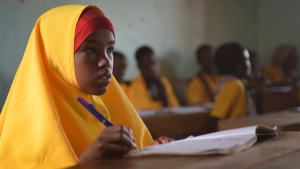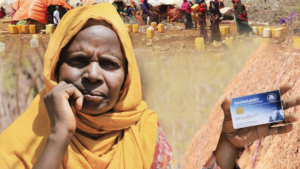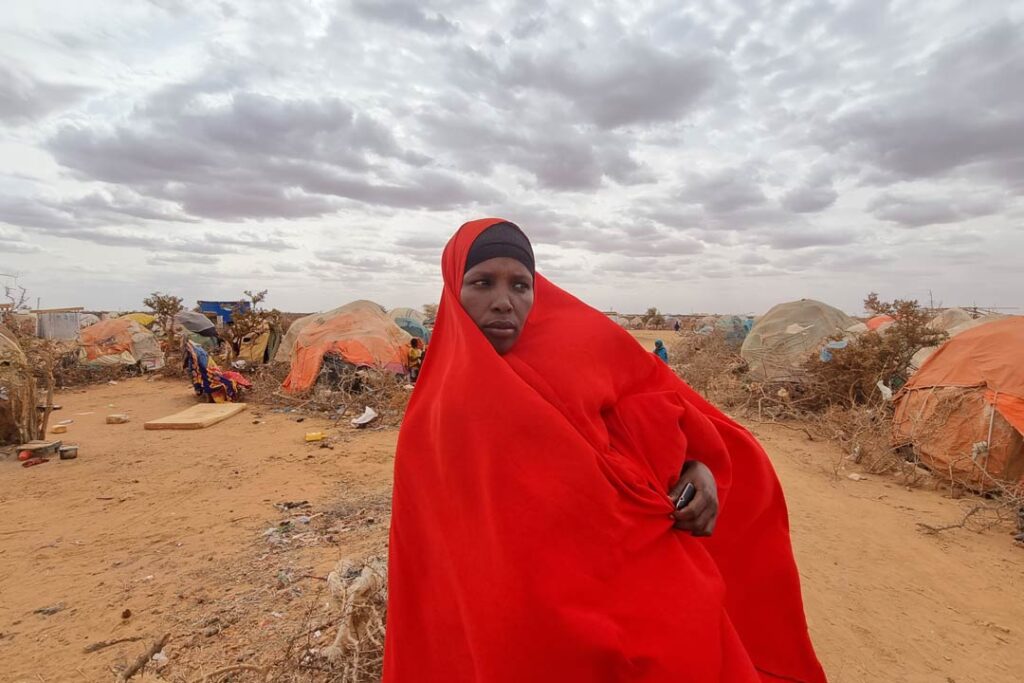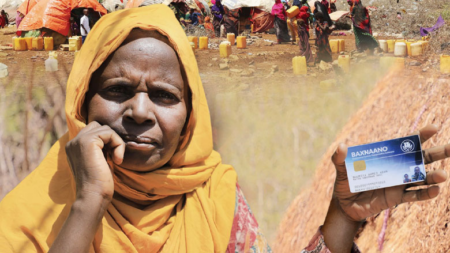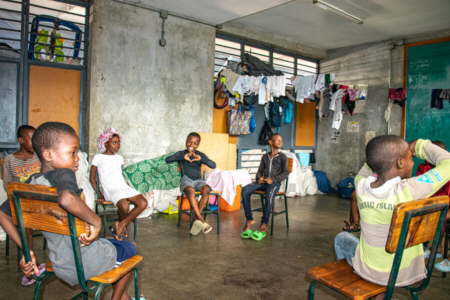Efforts to address climate-related losses are underway globally, but Somalia remains concerned about delays in support. As droughts and humanitarian challenges intensify, timely action becomes critical for vulnerable communities. Smaller nations risk being sidelined without fast-track mechanisms.
Somalia Urges Timely Climate Aid to Tackle Rising Losses
According to climate vulnerability indexes, Somalia ranks among the most at-risk nations globally, with 80% of its population exposed to drought-related shocks. The country has recorded over $3 billion in climate-related damages over the past decade. Officials argue that timely Climate Aid could significantly reduce the humanitarian toll during future disasters.
Delays in Fund Distribution Raise Concerns Among Vulnerable Nations
A report by the Global Climate Finance Observatory shows that only 18% of pledged climate funds reach least developed countries within the expected timeframe. Somalia and other low-income nations often face bureaucratic delays averaging 9–12 months, reducing the effectiveness of emergency responses.
Humanitarian Risks Grow Amid Unpredictable Climate Events
Recent data from the Famine Early Warning Systems Network (FEWS NET) shows that unpredictable climate patterns have led to three failed rainy seasons in Somalia, severely affecting agriculture and displacement. As of early 2025, over 1.6 million people remain displaced due to drought and floods.
Global Commitment Needed to Ensure Equitable Climate Aid Access
Only 12 out of 50 vulnerable nations reported receiving full climate-related financial assistance in 2024. Somalia continues to call for transparency and accountability in fund allocation. Without a stronger global commitment, equitable access to Climate Aid will remain out of reach for many fragile states.
The urgency for effective and timely climate aid has never been greater for Somalia, where climate shocks continue to deepen the humanitarian crisis. Without swift global support and streamlined fund access, vulnerable communities will struggle to recover. Strengthening transparency and accelerating aid delivery are essential steps toward resilience and long-term sustainability.
